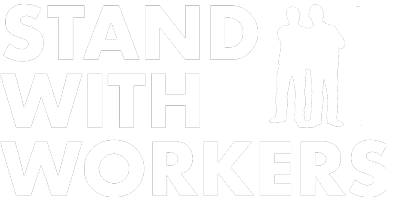This article was written by Kevin Mooney and first appeared February 10, 2019 on CapitalResearch.org.
Summary: The school choice movement in Pennsylvania has remained at a disadvantage, and education reform has stalled because government employees who support legislation to expand scholarship opportunities or boost charter schools have had part of their wages taken to finance political activity that undercuts their own policy preferences. The problem stems from deeply ingrained features of Pennsylvania labor laws, but legislative and legal pressure to reform these outdated statutes has been building in recent months thanks to the U.S. Supreme Court’s decision in Janus v. AFSCME. What happens in the Pennsylvania courts and state legislature will likely ripple across state lines.
Workers Seeking Retroactive Refunds
Some proponents of the right-to-work movement now argue in court that laws requiring government workers to either join a union or pay “fair-share” fees as nonmembers were illegal from the start.
This point has been made by plaintiffs and attorneys in “clawback cases” now working their way through federal courts that seek retroactive refunds of union fees taken from employee paychecks prior to the 2018 Supreme Court ruling. The justices did not create new rights, but instead moved to restore constitutional freedoms that never should have been suspended in the first place, argue attorneys attached to the National Right to Work Legal Defense Foundation and the Liberty Justice Center based in Illinois. These are the same legal teams that partnered to represent Mark Janus, a child support specialist at the Illinois Department of Healthcare and Family Service, who was the lead plaintiff in the Supreme Court case against AFSCME.
In a new development, Brian Kelsey, the lead attorney in the clawback cases for the Liberty Justice Center, said in an interview that Janus will petition the Supreme Court to rehear his current case against AFSCME in which he is asking union officials to refund thousands of dollars in union fees taken from his paycheck before the Supreme Court ruled in his favor back in June 2018. A three-judge panel of the Seventh Circuit Court of Appeals ruled last year that AFSCME could retain the fees taken prior to the Supreme Court’s ruling.
Meanwhile, government workers in Maryland, New York, and Pennsylvania continue to push for retroactive refunds from unions in those states.
“These fees were illegally taken from workers and that’s why we are asking the courts to give them back,” Kelsey said. “The Supreme Court has already ruled in favor of workers and with us saying that these fees were unconstitutionally taken and that what the unions did was wrong and unconstitutional and for this reason they must give the money back.”

